To mark its 75th anniversary, the United Nations has launched the largest global conversation on the role of global cooperation in building the future we want. However, we can't have a clear glimpse of the future without first understanding the past.
That's why the UN, in partnership with GOOD, is celebrating Leap Day, February 29, by highlighting some of the greatest "Leaps for Humanity." Both organizations believe that climate change is the most pressing issue facing the planet, so we've decided to highlight some of the greatest "leaps" humanity has made to combat the crisis.
Climate action is Goal 13 in the UN's 17 Sustainable Development goals.
"Global warming is causing long-lasting changes to our climate system, which threatens irreversible consequences if we do not act,"
1896 - Svante Arrhenius Says Industrial Activity is Warming the Planet
The Swedish chemist won the Nobel Prize for Chemistry in 1903 for his work understanding electricity from a chemical point of view. But an 1896 paper detailing CO
2's ability to affect global temperatures was a landmark discovery that wouldn't be completely appreciated for another 70 years.
In his paper, "On the Influence of Carbonic Acid in the Air upon the Temperature of the Ground," Arrhenius postulated that a reduction in atmospheric CO
2 levels by half would reduce the planet's temperature by 4 to 5°C. Conversely, he also said that if they increased by 50%, the planet would experience warming between 5 and 6°C.
His article also indicted that human industrial activity was the main source of CO2 in the atmosphere.
2006 — Al Gore's "An Inconvenient Truth"
In the 1980s, while in the U.S. Senate, Al Gore created a slideshow that explained a little-understood phenomenon known as global warming. After losing the 2000 presidential election to George W. Bush, he took the slideshow on the road, showing it at universities and gatherings. At the urging of producers, his jaw-dropping five-minute presentation was expanded into a movie, and "An Inconvenient Truth" was born.
The film was a box office hit, bringing the conversation about climate change into the mainstream, and winning an Oscar for Best Documentary.
"The most important thing that happened out of this was that every morning show, every local paper, every national paper, every magazine covered this story [and] wrote about the film [and] global warming," director Davis Guggenheim
told the Hollywood Reporter. "I can tell you that not a day goes by where I don't hear or meet somebody who says it changed their life."
2016 — The Paris Agreement
The Paris Agreement is a landmark international agreement that ushered in a new era in the fight against climate change.
The agreement is a pact within the United Nations Framework Convention on Climate Change (UNFCCC) between 197 countries that focuses on providing financial assistance to developing nations combating the crisis, reducing greenhouse emissions, and adapting to the effects of climate change.
The agreement's primary goals are to reduce greenhouse emissions as soon as possible and to limit the global temperature increase to 2°C.
Leaping Into the Future
Going forward, the UN looks to increase investment in the fight against climate change by strengthening adaptive capacity to climate-related hazards, raising $100 billion to address the needs of developing countries, and to improve global education on the climate crisis.
As part of its 75th anniversary, the UN wants to have "the largest, most inclusive conversation on the role of global cooperation in building a better future for all." To add your voice to the conversation,
















 Wiman hiding her face behind a bunch of cashCanva
Wiman hiding her face behind a bunch of cashCanva A mansion and its reflection in the swimming poolCanva
A mansion and its reflection in the swimming poolCanva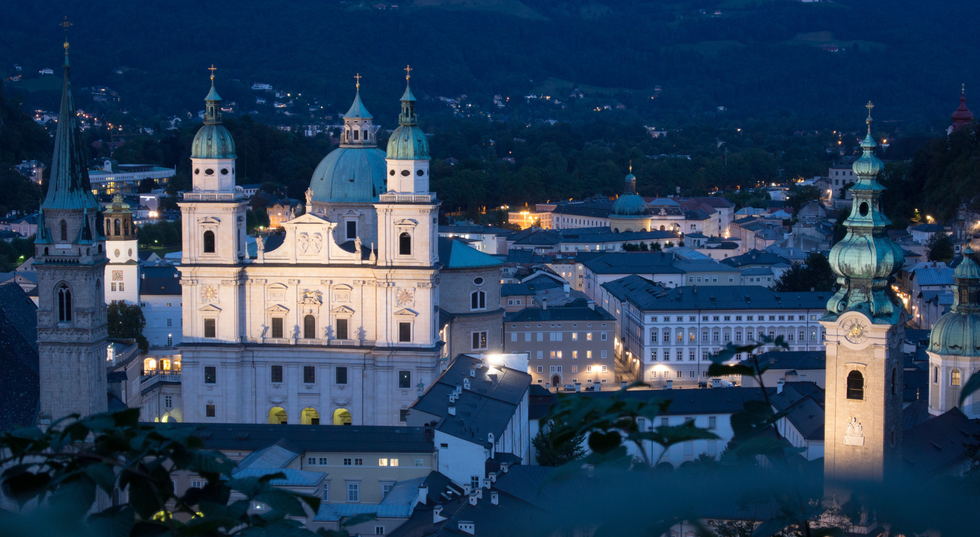 Salzburg at nightCanva
Salzburg at nightCanva Fancy homeCanva
Fancy homeCanva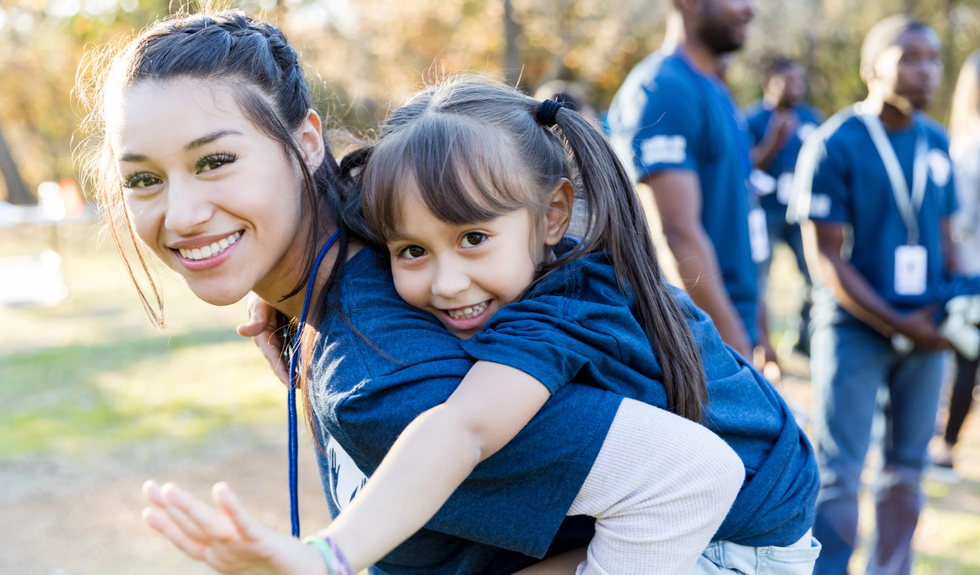 Happy volunteersCanva
Happy volunteersCanva
 Parents of young children get more time with them if they work from home.Photo credit: Canva
Parents of young children get more time with them if they work from home.Photo credit: Canva




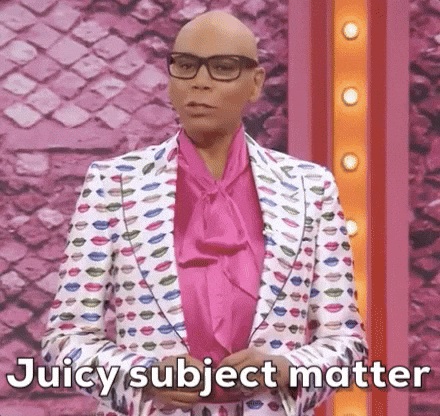 Juicy subject matter
Juicy subject matter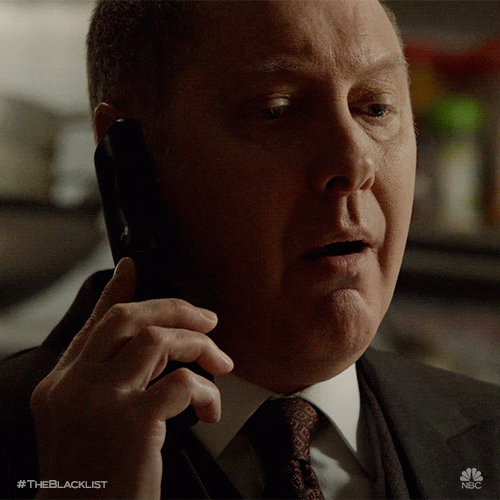 Giphy from The Blacklist.
Giphy from The Blacklist.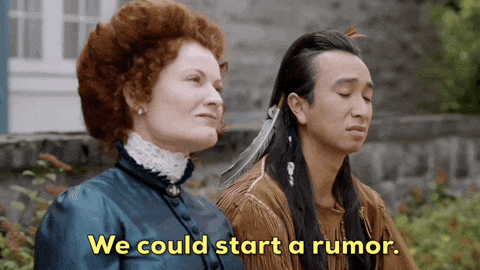 We could start a rumor.
We could start a rumor.
Grieving couple comforting each other
This response to someone grieving a friend might be the best internet comment ever
When someone is hit with the sudden loss of a friend or loved one, words rarely feel like enough. Yet, more than a decade ago, a wise Redditor named GSnow shared thoughts so profound they still bring comfort to grieving hearts today.
Originally posted around 2011, the now-famous reply was rediscovered when Upvoted, an official Reddit publication, featured it again to remind everyone of its enduring truth. It began as a simple plea for help: “My friend just died. I don't know what to do.”
What followed was a piece of writing that many consider one of the internet’s best comments of all time. It remains shared across social media, grief forums, and personal messages to this day because its honesty and metaphor speak to the raw reality of loss and the slow, irregular path toward healing.
Below is GSnow’s full reply, unchanged, in all its gentle, wave-crashing beauty:
Why this advice still matters
Mental health professionals and grief counselors often describe bereavement in stages or phases, but GSnow’s “wave theory” gives an image more relatable for many. Rather than a linear process, grief surges and retreats—sometimes triggered by a song, a place, or a simple morning cup of coffee.
In recent years, this metaphor has found renewed relevance. Communities on Reddit, TikTok, and grief support groups frequently reshare it to help explain the unpredictable nature of mourning.
Many readers say this analogy helps them feel less alone, giving them permission to ride each wave of grief rather than fight it.
Finding comfort in shared wisdom
Since this comment first surfaced, countless people have posted their own stories underneath it, thanking GSnow and passing the words to others facing fresh heartbreak. It’s proof that sometimes, the internet can feel like a global support group—strangers linked by shared loss and hope.
For those searching for more support today, organizations like The Dougy Center, GriefShare, and local bereavement groups offer compassionate resources. If you or someone you know is struggling with intense grief, please reach out to mental health professionals who can help navigate these deep waters.
When grief comes crashing like the ocean, remember these words—and hang on. There is life between the waves.
This article originally appeared four years ago.